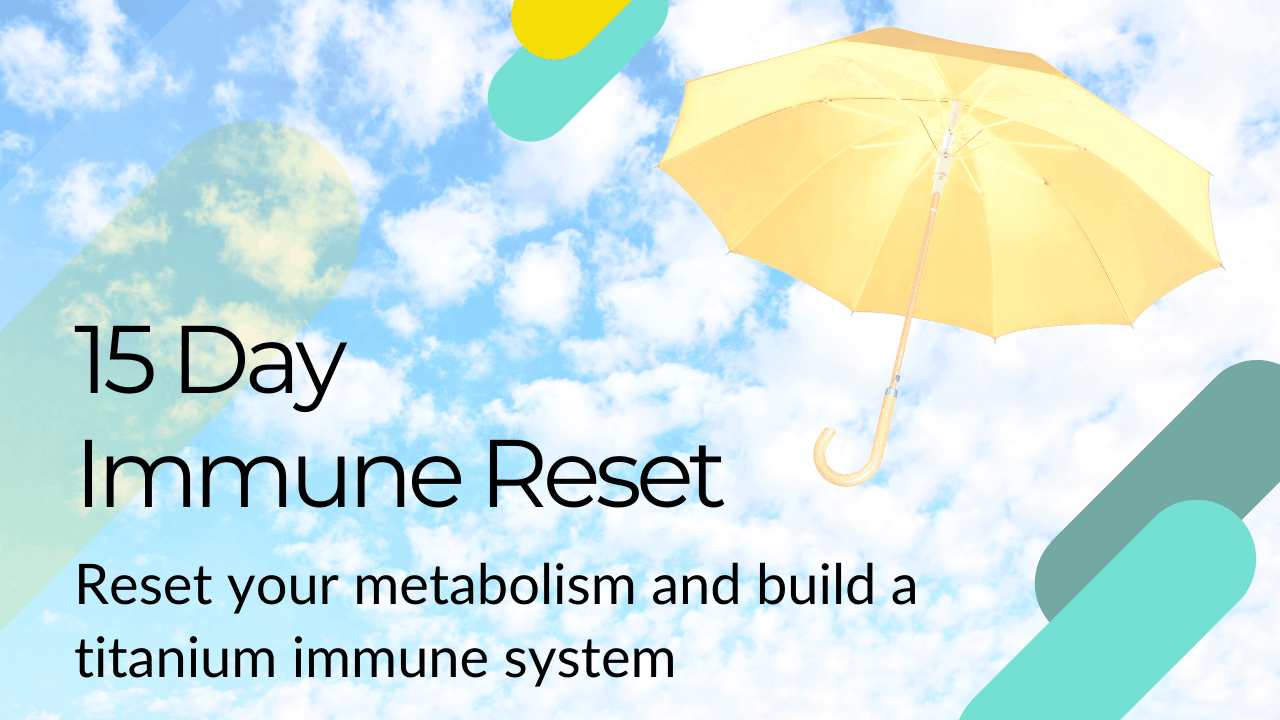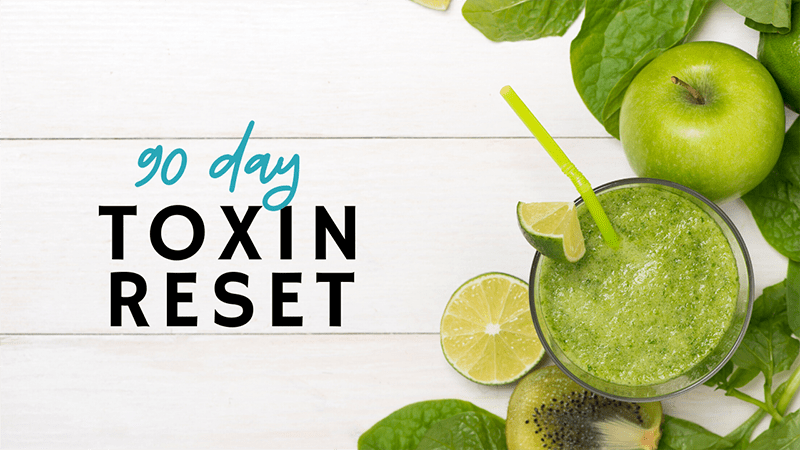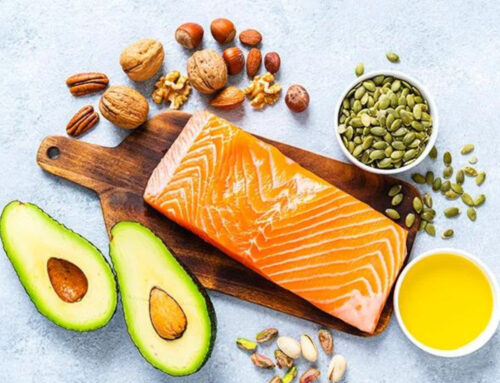As the Coronavirus continues to spread globally, many people have sought different measures to stay safe. However, the first measure to consider is to boost your immune system naturally. The human body has a powerful immune system that fights against viruses and bacteria— and the Coronavirus is one of such.
Without any need to panic over getting infected with the Coronavirus, there are multiple things you can do to ensure that your body is in top shape. These ideas are science-based, and you can rest easy knowing that you won’t get infected even if you come in contact with the Coronavirus or find yourself in infected areas.
Before we discuss in depth the various measures you can adopt to protect yourself against COVID-19, here are a few things to know and myths to debunk:
Immune System Myth
Panic-Caused Fear of the Coronavirus Can Suppress Your Immune System
Being fearful of the virus may not necessarily get you infected, but it can suppress the agents in your body responsible for boosting your immune system. A brain study (Psychotherapy and Psychosomatics. Vol 72, p 253) carried out by the UK, and Italian researchers linked negative emotions with lowered immunity. In the study, when the elderly were depressed or in a state of fear, they had lower levels of lymphocytes and T-cells (white blood cells that help fight viruses).
Putting on a Face Mask Doesn’t Mean You Won’t Get Infected
Face masks only prevent infected people from spreading the virus. As it is, there is a limited supply of face masks due to the infection panic, and if healthcare providers are unable to get more masks to ensure that those already infected do not infect others, people will be at more risk.
Flu Shots Will Not Protect You from Coronavirus
The flu vaccines were designed to treat about three to four viruses and were available before the coronavirus outbreak. They also interfere with the T-cell function in the body.
Best Way to Boost Your Immune System
Make Your Body a Bad Host to Protect Yourself From Coronavirus
This is the first step to take towards protecting yourself. Usually, viruses need a good host or an environment to grow and multiply, thereby causing more harm to your body. Creating an unconducive environment would stop the growth of the virus until they eventually die.
You can become a good host by consuming too much sugar, being continually stressed, and getting little sleep. Basically, the reverse would be the case if you want to become a “bad host.” You can also become a bad host by the following;
1. Go outside often
Exposing your body to a moderate amount of sunlight would also help energize your T-cells. Sunlight is also a great source of vitamin D as it synthesizes in the skin after moderate exposure to UVB.
2. Stay physically active
Exercise is essential, but it doesn’t necessarily mean you have to hit the gym or take a run. The idea is to make your body physically active for a good amount of time. An epidemiological study reveals that a physically active lifestyle reduces the chances of communicable and non-communicable diseases such as bacterial infections, viral infections, and cancer.
3. Go for regular chiropractic adjustments (for those concerned)
Regular chiropractic adjustments can help boost your immune system. A 1993 chiropractic study revealed that people who regularly visit their chiropractors have a 48% increase in CD4 helper cells (cells that fight viruses) for 6 months.
4. Consume more Kimchi
Eating a lot of Kimchi (a local Asian delicacy). It was found out that during the 2003 severe acute respiratory (SARS) outbreak which hit many parts of the world, including Hong Kong and mainland China, only a few people in Korea were infected.
This was attributed to the antiviral component of the Kimchi, although, many argued it. However, in a study (Effects of heat-killed Lactobacillus Plantarum against influenza viruses in mice); the results showed that lactic acid bacteria and fermentation metabolites present on Kimchi prevents the growth of influenza virus.
5. Consume foods and supplements rich in consuming zinc, vitamin D, vitamin C, and Echinacea
These nutrients are effective in preventing and treating the common cold, hence, suitable for dealing with the respiratory problems. The key player in the listed nutrients is vitamin D, which offers a lot of health benefits. Some benefits include enhancing macrophages, monocytes, pathogens; boosting the immune system, and protecting the body against respiratory infections.
6. Exercise Fasting from time to time
Fasting is beneficial to human health as it serves different purposes, including protecting the body against some types of viruses. Fasting stimulates the immune system that would fight bacteria and viruses.
Intermittent fasting for about 17 hours can help your immune system fight against both bacterial and viral infections. Don’t fast longer than 17 hours as it would only weaken your body and suppress your immune system.
The immune system that fights viral infections does not thrive when glucose levels are down for a longer period. And the immune system that fights bacterial infections can go a long time without food. Therefore, when dealing with issues like cancer, 3-day water fast would be great.
7. Get enough sleep, at least 7 hours
Sleeping is an important part of human life as it helps you reduce your stress levels and boost your T-cells functions. Sleep serves as the foundation for all points mentioned above. What this means is, even though you eat a lot of Kimchi and often fast, if you lack at least 7 hours of good sleep, it will lower your immune system.
Links to Proven Studies
- How fear can suppress your immune system: Brain study links negative emotions and lowered immunity
- Chiropractic adjustment: Immune Responses to Spinal Manipulation
- Antiviral components of Kimchi: Kimchi, a well-known traditional fermented Korean food, has proven effective against influenza virus












Leave A Comment